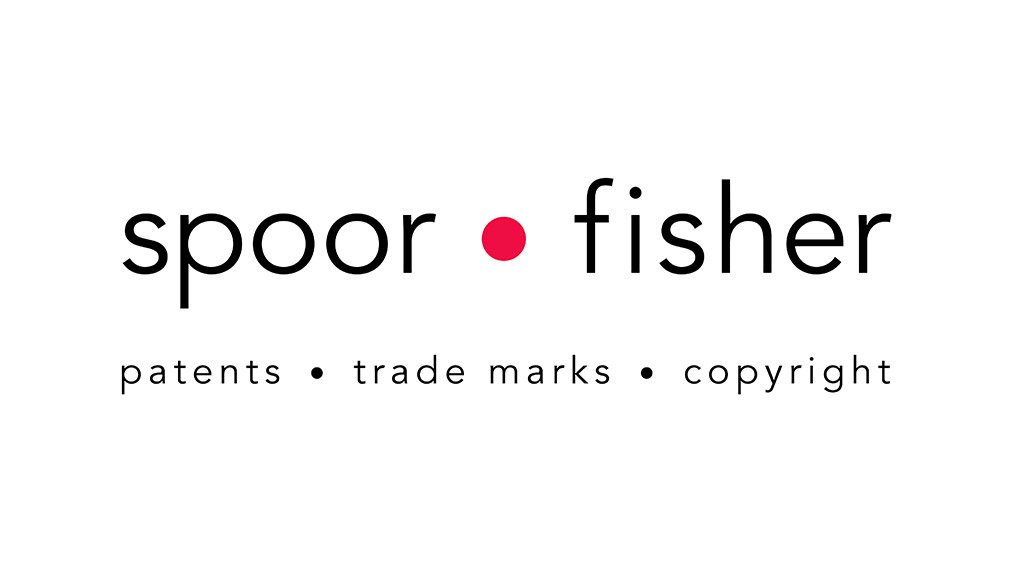US President Obama signed the America Invents Act on 16 September 2011 which introduces a number of interesting changes to the U.S. patent system. Some provisions of the Act come into effect immediately whilst others only come into effect at a later date. Some of the more interesting points of the Act follow.
Firstly, the Act prevents the issuance of patents directed to or encompassing a human organism. This will only apply to pending applications but patents already granted in this field will remain valid.
One of the most significant of the changes is that the U.S. patent system will now be a first-to-file system (as opposed to a first-to-invent system) bringing US patent law in this regard in line with the rest of the world. First-to-file means that whoever filed first at the Patent Office will get patent rights rather than who invented first. As is the case in other countries, the inventor that first files for patent rights will be granted these rights thus stressing the importance of moving to early patent filing.
To illustrate, if an inventor invents a new and inventive gadget but keeps this locked in their office drawer and sometime later, even years later, a second inventor files for patent protection for that very same gadget the second inventor will now be granted patent rights.
The new Act now defines prior art as any patents, printed publications or any public use of the invention in or outside the U.S. Thus any prior disclosure will generally preclude US patent protection. However, one exception set out in the Act is that disclosures by or obtained from an inventor that occurs within a year of the filing date may not be used to invalidate a patent.
Thus, if any inventor inadvertently publicly disclosed their invention without first filing a patent application they will still have one year to file for patent protection in the US. It is worth noting that this is not so in most other countries and prior disclosure should be avoided.
Finally, the new law also puts in place a post-grant review process whereby third parties may attempt to refute the validity of a patent within the first nine months after a patent is granted. This process aims to ensure a high integrity level for granted US patents.
EMAIL THIS ARTICLE SAVE THIS ARTICLE
To subscribe email subscriptions@creamermedia.co.za or click here
To advertise email advertising@creamermedia.co.za or click here











